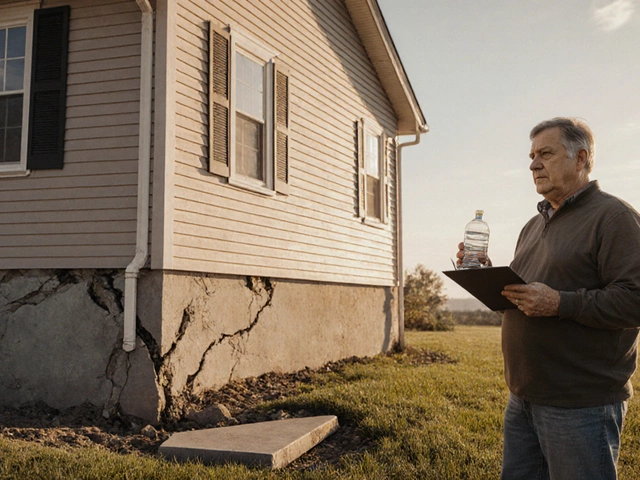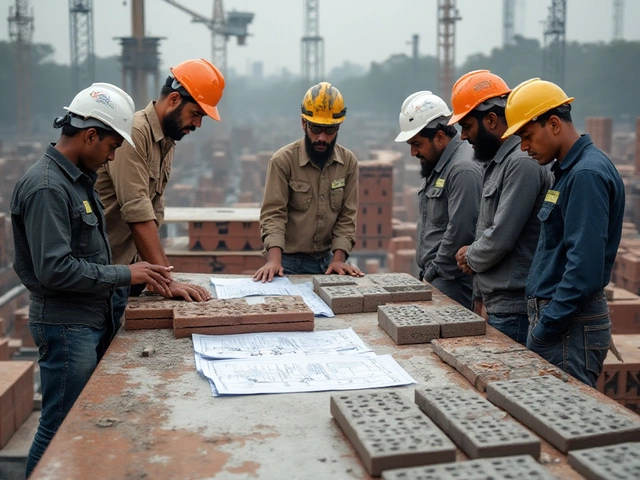Project Planning in Construction: What You Need to Know
When you start a construction project, project planning, the process of defining goals, resources, timelines, and risks before breaking ground. It's not paperwork—it's the difference between finishing on time and going over budget by 40%. Without it, even simple jobs turn into nightmares. You might think you’re saving time by jumping straight into demolition or ordering materials, but you’re just trading short-term speed for long-term chaos.
Construction project management, the organized control of resources, people, and timelines to deliver a project successfully is where project planning comes alive. It’s not just the contractor’s job—it’s your job too, whether you’re a homeowner remodeling a bathroom or a developer building a commercial block. The best plans don’t just list tasks; they answer: Who does what? When? With what tools? And what happens if the concrete delivery is late or the electrician quits?
Good planning connects directly to building timelines, the sequence and duration of all construction phases from permits to final inspection. You can’t tile a bathroom before the walls are framed. You can’t pour a foundation when the ground is frozen. Every post in this collection—from fixing foundation cracks to scheduling bathroom remodels—depends on getting this order right. Missing one step doesn’t just delay the next; it can cost thousands in rework.
And then there’s construction costs, the total financial outlay for labor, materials, permits, and contingencies over the life of a project. Planning isn’t about guessing prices—it’s about locking in quotes, tracking changes, and knowing when to say no to scope creep. A $5,000 bathroom upgrade can balloon to $15,000 if you didn’t plan for hidden plumbing or unexpected structural issues. The posts here show you exactly where money leaks happen—and how to plug them before they start.
Finally, workforce scheduling, the coordination of tradespeople, delivery windows, and crew availability to avoid idle days and overtime penalties is the silent engine behind every successful build. Imagine having your plumber show up the same day your drywall crew is done—perfect. Now imagine they show up two weeks later because no one checked the calendar. That’s what bad planning looks like. The posts you’ll find here cover real examples: why crane operators earn more than you think, how mixed-use buildings need layered permits, and why foundation repairs have seasonal windows.
You won’t find fluff here. No theory. No vague advice. Just what works on real job sites—from small home fixes to large commercial builds. Whether you’re trying to save money on a renovation, understand why your contractor keeps changing dates, or just want to know what to ask before signing a contract, the answers are in these posts. Let’s get you prepared—not just for the next step, but for every step that comes after it.





